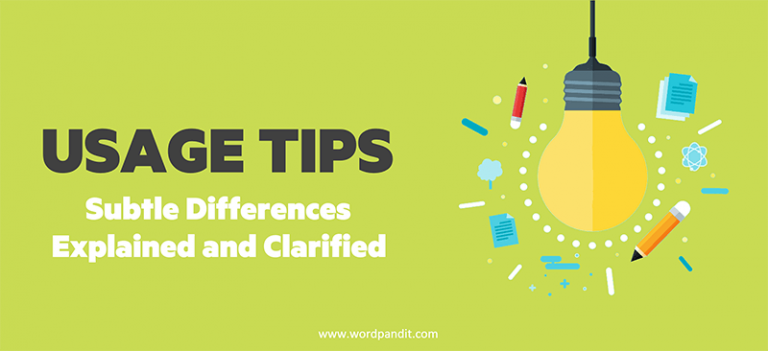Fair vs. Fare: A Clear Distinction 🌟
Have you ever found yourself hesitating between ‘fair’ and ‘fare’? 🤔 You’re not alone! These words may sound identical, but their meanings are vastly different, and using the wrong one could make your message a lot more confusing (and a little funny!). 😂 Today, let’s break down these two commonly confused words so you never mix them up again. 💡
Fair ⚖️
Definition: ‘Fair’ has several meanings, but it’s most often used as an adjective meaning just, equitable, or free from bias. It can also refer to something moderate in quality (like fair weather) or even a public event with rides and attractions. Additionally, ‘fair’ can describe someone or something as attractive or pleasing, such as referring to a person’s appearance.
Pronunciation: /feər/
Etymology: The word ‘fair’ comes from Old English fæger, meaning beautiful or pleasing. Over time, its meaning evolved to include concepts of justice and impartiality, which is why we use it in so many contexts today. 📜
Usage Examples:
- “It was only fair to give everyone a chance to speak.”
- “We went to the county fair last weekend.”
- “She has fair skin that turns red in the sun.”
Synonyms: Just, equitable, impartial, attractive.
Antonyms: Unfair, biased, unjust, unattractive.
Fare 🚍
Definition: ‘Fare’ can be a noun or a verb. As a noun, it refers to the payment required for a journey on public transportation. As a verb, it means to get along or succeed. It can also be used more broadly to describe how someone or something is progressing or coping in a particular situation. 📈
Pronunciation: /fer/
Etymology: ‘Fare’ has its roots in Old English faru, meaning a journey or expedition. This meaning evolved to include not only the act of traveling but also the cost associated with it and the manner in which one travels or progresses.
Usage Examples:
- “The bus fare increased by 20% this year.”
- “How did you fare on your exams?”
- “The restaurant’s new menu items did not fare well with customers.”
Synonyms: Fee (as a noun), manage (as a verb), cope, succeed.
Antonyms: None directly, but in context, opposites could be “free” (for fare as a cost) or “struggle” (for fare as getting along).
🌈 Let’s Compare 🤷♂️🤷♀️
The confusion between ‘fair’ and ‘fare’ often comes from their identical pronunciation. 🔄 Here’s an easy way to remember the difference:
Use fair when talking about equality, events, or something being just. It can also refer to beauty or attractiveness in certain contexts.
Use fare when referring to payment for travel or how someone is doing in terms of progress or coping.
For example:
- “It’s only fair that we split the cost.” 💸
- “The taxi fare was higher than expected.” 🚕
- “She was considered fair by many, with her kind demeanor and gentle smile.” 😇
- “He didn’t fare well in the competition, unfortunately.” 🏆
Contextual Usage 📚
Consider the following sentence:
“The fair was a lot of fun, but the fare for the bus ride there was quite expensive.” 🎯
This sentence uses both words correctly, showing their distinct meanings in one context. ✅
Another example: ✨
“Although it was only fair to invite everyone, not all of them could afford the fare to attend.” 🎟️
Mnemonic Device 🧠
Think of fair as something related to justice, beauty, or a festival. Picture a fair where everyone gets an equal share of candy 🍬—that’s just and fun! Also, imagine someone who is fair in appearance, like a storybook character with golden hair. Meanwhile, fare is about money or getting along. Imagine paying your bus fare with a small fee, or think about how someone might fare in a challenging situation. 🚀
Related Confusing Words 🔄🔤
If you enjoyed learning about ‘fair’ and ‘fare’, you might also be curious about other word pairs like ‘affect’ vs. ‘effect’ or ‘accept’ vs. ‘except’. Each of these pairs, just like ‘fair’ and ‘fare’, can cause a lot of confusion if not understood clearly. Understanding these distinctions can greatly improve your writing and communication skills. ✍️
Another interesting pair is ‘complement’ vs. ‘compliment’. One refers to something that completes or goes well with something else, while the other is about giving praise. Similar to ‘fair’ and ‘fare’, getting these mixed up could change the entire meaning of your sentence! 🚫📝
Summary 📋
In short, ‘fair’ relates to being just, equitable, attractive, or even an event with games, while ‘fare’ is all about cost, progress, or how someone gets by. Keep practicing, and soon you’ll be using both words confidently and correctly! 🎉 💪 Remember, the more you practice, the easier it will become to distinguish between them in everyday use. 🗓️
Test Your Understanding! 📝
1. The taxi ___ was higher than I expected. 🚖
2. It’s only ___ that everyone gets an equal chance. ⚖️
3. Fare refers to an event with rides and attractions. 🎡🎠
4. Select the synonym for ‘Fair’. 💬
5. How did you ___ during your time abroad? 🌍✈️
6. Which word fits best in the sentence: ‘The market offers a ___ price for fresh vegetables’? 🥕💸
7. The bus ___ was expensive, but the festival at the ___ was worth it. 🚌🎪
8. Which word has its origins in Old English meaning ‘a journey’? 📜🛤️
9. The word ‘fair’ can be used to describe payment for a journey. ❌
10. They decided it was only ___ to split the ___ for dinner. 🍽️💵













